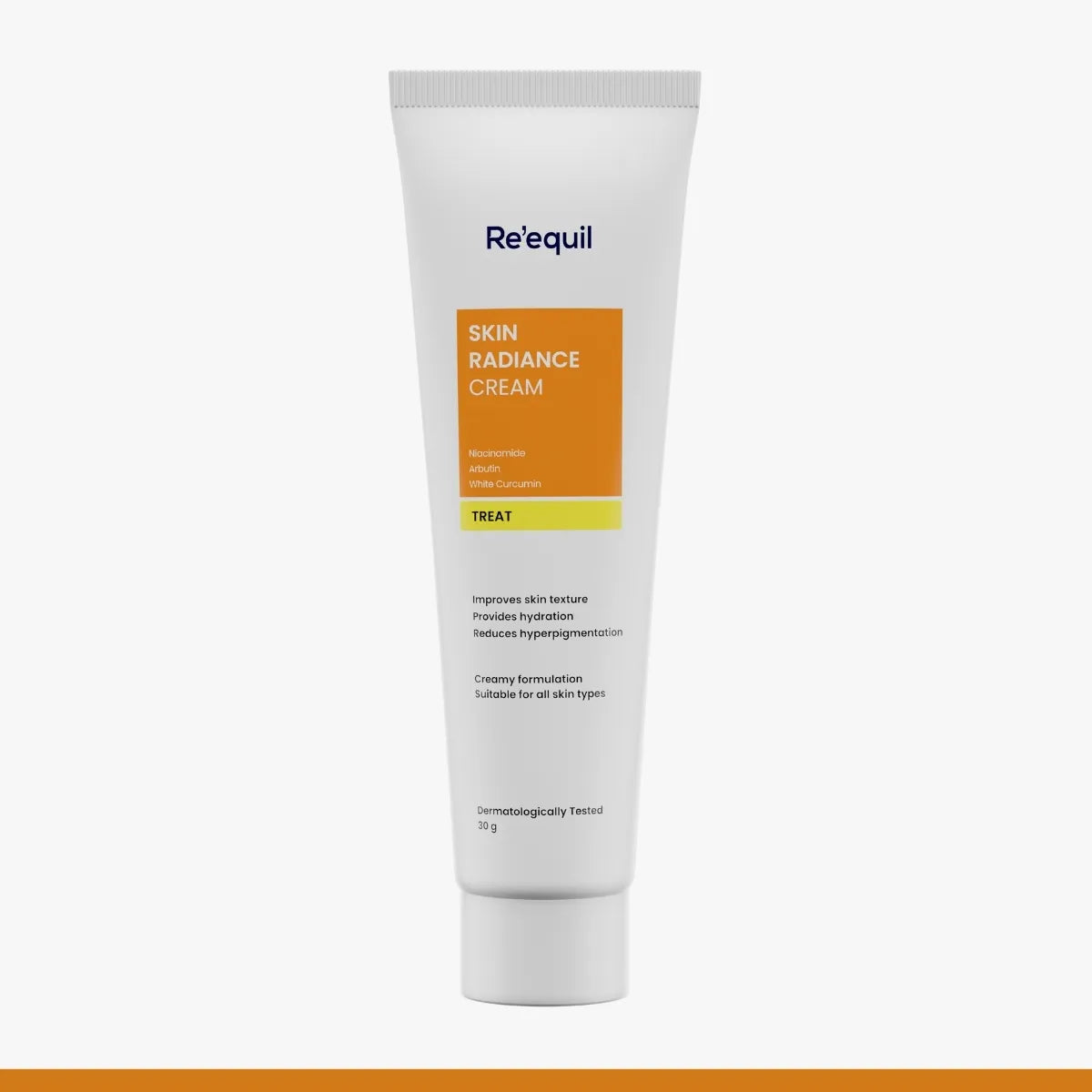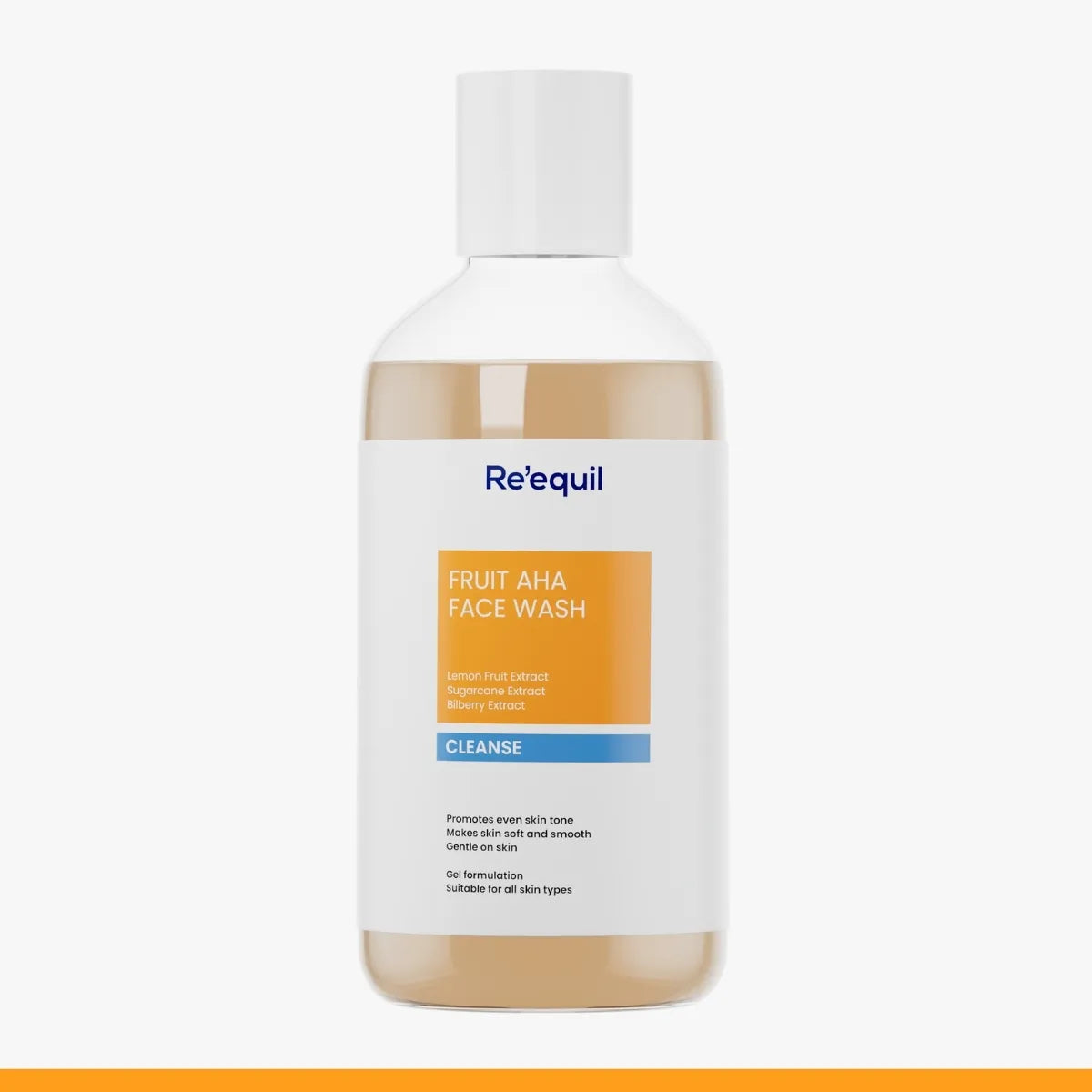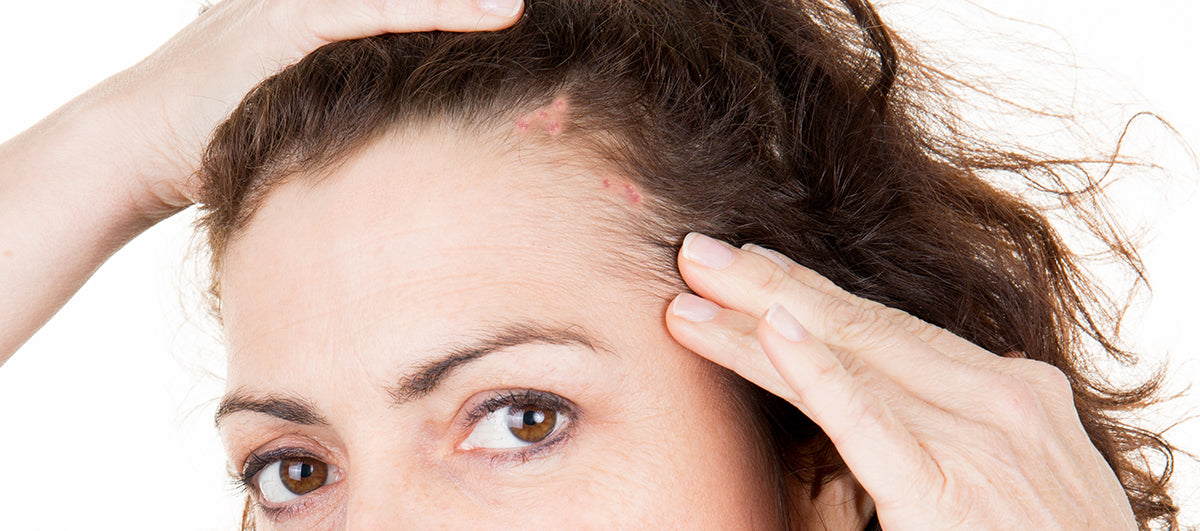Living with facial acne is considered highly stressful however have you ever dealt with scalp acne? It is no less daunting to see a new pimple on the scalp. Itchy and pus-filled bumps on the scalp are enough to give you great physical pain with mental anguish. You feel stuck about thinking “if there is any way to say goodbye to pimples forever?”
If you are also tired of finding the right solution for your problem, then you should consider addressing the root cause of the problem. New York-based medical dermatologist named Nava Greenfield explains that varied numbers of skin diseases can cause scalp woes. Unveiling the factors causing scalp acne is very crucial for the right treatment. A research study published in the Journal of Dermatoendocrinology has explained that it’s not necessary that common acne bacteria Propionibacterium acnes could be the reason for all inflammatory papules on your skin. However, inflammation can be associated with other chronic inflammatory disorders of the scalp.
Top 5 reasons
- Clogged pores
- Unhygienic scalp conditions
- Hair product buildup
- Dandruff
- Folliculitis

1. Clogged pores
Purvisha Patel, MD, a dermatologist explains that just like facial acne, breakouts on your scalp are the result of clogged pores. Pimple formation happens when dead cells, grime, and other impurities block your hair follicles. These blocked pores allow the growth of acne-causing bacteria.
2. Unhygienic scalp conditions
An unclean scalp serves as a breeding ground for several bacteria and fungus. These microbes imbalance the pH levels of your scalp and result in acne and other severe scalp infections. So, to avoid pimples on your head, you should keep your scalp clean. However, if you are someone with oily or acne-prone skin, then it is good to use the antibacterial shampoo. It keeps your hair and scalp free from infections of pimples
3. Hair product buildup
Hair product buildup on your scalp is another culprit that is known to cause zits. Hair cosmetics like hair spray, styling gel, smoothening serums, shampoos, and conditions are known to leave the residues on the scalp. Over a period of time, this scalp buildup causes blockage of pores which eventually leads to scalp infections, hair thinning, and hair loss. This is the reason dermatologists always suggest avoiding the products, which cause buildup.
Various research studies have advocated that silicone-based hair care products cause the heavy and stubborn build-up on the scalp. Silicone residues form a barrier on your scalp skin which aggravates the scalp irritation, inflammation, and itching. Hereby, ditching the silicone-based products can save your unwanted scalp woes.
4. Dandruff
The people in dandruff suffer with excess oil due to the overactive sebaceous glands. Overproduction of oil in seborrheic dermatitis makes you more prone to scalp acne. Dandruff control shampoo is quite effective in fighting off dandruff fungus along with clearing flakes from the scalp. Seaweed, Great Burdock, Ivy, Lemon, Watercress, Sage, and Common Soapwort are identified as important ingredients to look for in an anti-dandruff shampoo.
5. Folliculitis
This skin condition is characterized by inflammation of the hair follicle. It can be caused by a couple of things such as bacterial infections, excess sweat, hair dyes, etc. It causes the pus-filled bumps overall your scalp which just looks like acne. Folliculitis is an uncommon condition yet requires the right medical attention because if left untreated it leaves permanent scars on the scalp.
Solutions
- Don’t pop your zits
- Opt non-comedogenic products
- Keep your hair brush clean
- Avoid high glycemic index foods
- Meditation
1. Don’t pop your zits
It is always good not to pop a pimple whether it is on your face, scalp, or any other parts of the body. Exerting an extra pressure on your pimple only worsen the infection and increase the risk of scarring.
2. Opt non-comedogenic products
Comedogenic hair cosmetics cause the blockage of pores, which subsequently manifest into scalp acne. Always go for products, which do not cause the clogging of pores. In simple words let your skin breathe.
3. Keep your hair brush clean
Each day when you comb your hair, a lot of dirt, sweat, and impurities keep accumulating on your comb. Unclean hairbrush offers a suitable environment for microbes to flourish. Sparing some time to clean your comb is an important tip for healthy scalp and hair.
4. Avoid high glycemic index foods
Various research studies have claimed that there is a link between acne and diet. Excess consumption of high glycemic index foods leads to hormonal imbalance, which causes acne. Therefore, avoiding certain food items like white bread, pizza, carbonated drinks, and many other processed foods is considered good to prevent your skin from pimples.
5. Meditation
Practicing daily meditation has incredible benefits for various skin conditions like acne, wrinkles, and dull skin. Meditating regularly suppresses the stress hormone (cortisol) which in turn helps to improve your skin woes.

The most important thing to prevent scalp acne is to attain a complete understanding of the all-causative factors liable for this condition. Severe scalp acne not only brings painful inflammation but also increases the risk of hair loss or bald patches. Right hair care tips and preventive measures are considered a great help to combat annoying scalp pimples. Thereby, for the trouble-free scalp, start the right care now.
P.S.
In many cases, over the counter products have been found to be quite helpful in managing mild scalp acne. It is best to visit the dermatologist if you are not seeing any significant improvement in your condition. Sometimes pimples on the scalp are the indication of serious medical conditions like cutaneous lupus and lichen planopilaris. A dermatologist would definitely help you in identifying the underlying cause behind your recurrent breakouts. Certain medications, topical ointments, and certain don’ts may be required to clear the bumps on your scalp.





